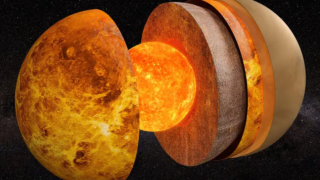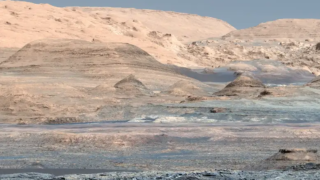
MI weekly selection #423
Scientists create beating heart organoids in lab Researchers have grown heart organoids in the lab using stem cells, and the small structures appear to beat. The organoids will be used to study how hearts develop and how defects might form. Live Science How brains could adapt to prostheses Researchers developed a third robotic thumb that […]








